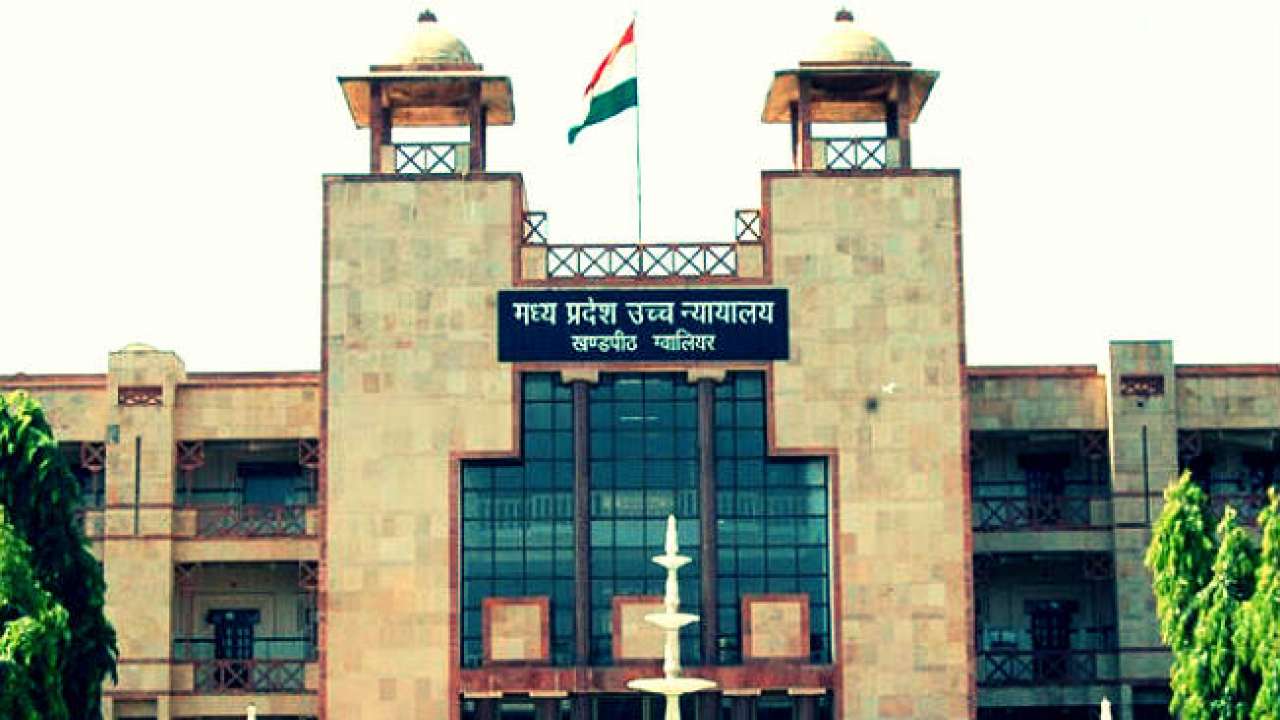Last Updated on June 10, 2024 by News Desk
Recently, the Madhya Pradesh High Court granted divorce to a woman whose husband was convicted and sentenced to life imprisonment for murder under section 302 Indian Penal Code (IPC).
The division bench of Justice Vivek Rusia and Justice Rajendra Kumar Vani was hearing the appeal filed by a woman against a family court order which dismissed the plea of divorce on the contention that conviction in a criminal case does not amount to cruelty. It also mentioned that there is no further evidence of cruelty committed by the husband against the wife before the criminal complaint.
The brief facts of the case were that the marriage of the appellant/wife and the respondent/ husband was solemnised on 21.11.2011 under the Hindu custom and rituals at Gwalior. Due to the said wedlock, the appellant/wife gave birth to a baby girl on 30.07.2012. the husband was convicted of murder in 2019. It was also alleged by the wife-appellant that the nature of the respondent/ husband has been very cruel, aggressive and short-tempered and because of these two criminal cases were registered against him. The respondent/ husband murdered his father because of a property dispute with him. Therefore, no wife can live in a matrimonial relationship with a person who is so short-tempered and impulsive turned criminal.
The sole issue, in this case, to be considered was whether conviction in a criminal case under Section 302 of IPC and sentenced to undergo life imprisonment amounts to “mental cruelty” to the wife.
The high court opined that it is not in the interest of the wife as well as the daughter to live with the father who is convicted of murder.
“Even otherwise, it is not a case of a wife living with a convicted husband but it would not be better for her daughter to live with her father, who has a criminal background. If she lives with the respondent at the age of 6 years it will not be advisable for her mental well-being” the court said.
The court also referred to the case of Swati Vs. Arvind Mudgal (MAT.APP.5/2013), where the divorce decree was granted on the grounds of the conviction of the husband under the provisions of IPC.
It contended that the conviction of the husband under section 302 IPC would amount to mental cruelty to the wife for which the divorce decree can be granted. It said, “Therefore, although under the Hindu Marriage Act, there is no such provision for the grant of divorce on account of conviction of wife or husband, as the case may be, for life imprisonment, there is the provision of grant of divorce on the ground of mental cruelty.”
Accordingly, this Appeal is allowed.
The impugned judgment and decree passed by the learned Family Court is set aside. The marriage between the appellant/wife and respondent/husband is dissolved.
written by Shagun Behal
















